Setting the stage for COP26: Green Jobs

Luke Osborne
Energy and Emerging Technologies Solutions Advisor

With COP26 around the corner, and in preparation for the Government’s upcoming Net Zero Carbon Strategy, several groups and task forces have been convened to draft policy that will drive meaningful change.
One such group, the Green Jobs Task Force (GJTF), was created to analyse industry’s skills requirements to deliver low- to no-carbon installations. The group carefully considered social and geographical factors, to enable the transition of fossil-fuel-dependent communities and industries to net-zero-emissions alternatives.
The UK’s current net-zero situation has been forensically cross-examined. The GJTF has taken stock of how our energy systems and networks can change, how our buildings can be adapted and how manufacturing can be altered to help achieve net zero by 2050.
There is an enormous amount to accomplish in an ever-shorter timeframe.
Some key figures highlighted in the report show just how urgently we need to upskill our workforce and install net-zero technologies:
- 12,000 new workers needed every year for the next 4 years to meet the demand for net-zero-competent installers
- Recruitment to ramp up by up to 30,000 workers per year between 2025-2030
- Low-carbon installer workforce needs to reach to 230,000 by end of this decade
- By 2050, the domestic smart systems market could be worth £1.3 billion to GDP and support 10,000 jobs
- Export revenue could be worth £2.7 billion and 14,000 jobs
- The UK could produce up to 1.6 million Electric Vehicles (EV) by 2040
- Out of 182,000 vehicle technicians, 21,000 are already EV-trained and 50,000 will need retraining or upskilling by 2025
The task force also established how Government, industry, unions, academia, skills providers and others should be working together to enable a ‘just transition’.
It is critical that, as an industry at the front lines of the climate crisis, we get this right
The GJTF’s initial report highlighted that investment in green skills and jobs is crucial, along with improvements to the way green skills and training are delivered.
The skills gap must be urgently addressed to ensure that green jobs are open to all. High-skilled jobs account for the lion’s share of the recent increase in green employment.
These jobs also require higher levels of education, work experience and job training. Barriers include delayed return on investment in workers and a lag between the demand for green jobs and the supply of competent, qualified professionals able to fill them.
We must also improve climate change and STEM education. This should be delivered as part of a well-sequenced curriculum with input from government, employers and educators alike.
There is an enormous amount to accomplish in an ever-shorter timeframe. Collaboration between government, skills providers and industry bodies is the key to success – we need all hands on deck. It is critical that, as an industry at the front lines of the climate crisis, we get this right.

Luke Osborne
Energy and Emerging Technologies Solutions Advisor
Luke joined ECA's technical team in 2018. Luke completed a mechanical and electrical apprenticeship with the Ford Motor Company in 1997 and has since held many technical roles, from site engineer to development engineer and global support. Following completion of an engineering degree with a specialisation in sustainability, Luke ran his own renewable energy installation company, with a particular focus on solar.
Related Articles
Spotlight shifting to M&E embodied carbon
The value of energy efficiency
ECA Commercial Associate Kosnic lights the way to sustainability
Net Zero Review underlines role for engineering services
Five ways to become a more sustainable business in 2023
Now is our last chance to make homes fit for the future
It’s a great time for a green career
Bringing Low-Carbon Apprenticeships to Life
The future of the built environment after COP26
Life after COP26: what happens next?
The view from COP26
Net Zero: a personal perspective
How the electrotechnical contractor can help clients mitigate against energy price rises
New rules for Public Sector Carbon Reporting
100 days until COP26: what are we doing to reach Net Zero?
A new era of fossil free travel
The clock is ticking for the future of net zero buildings
Clear, present and future opportunities for EV charging
Heatpumps or Hydrogen? The future of clean energy
Behind the headlines: Net Zero Carbon
A clear route to Getting Zero Carbon Done
Introducing the new MCS
Get into EV! Interview with Darren Crannis
Why Europe needs a green recovery
Electric heat edges ahead in the low carbon stakes
Let's get Zero Carbon done
SF6: the greenhouse gas at the heart of our industry
VAT hike puts brakes on home solar and batteries
Are you up to date with ECAtoday?
ECAtoday is the official online magazine of ECA and reaches thousands of people within the electrotechnical and engineering services industry.
Copyright © 2024 Electrical Contractors Association Ltd









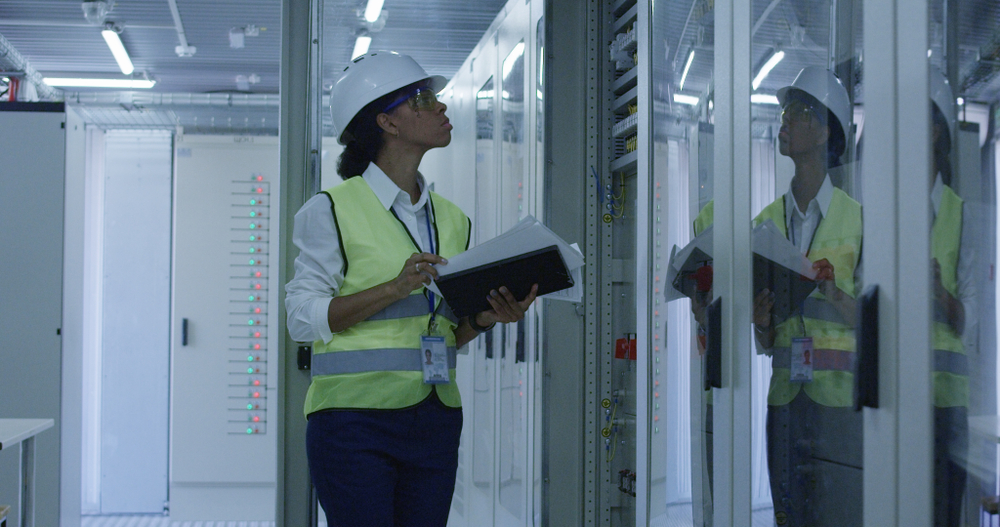



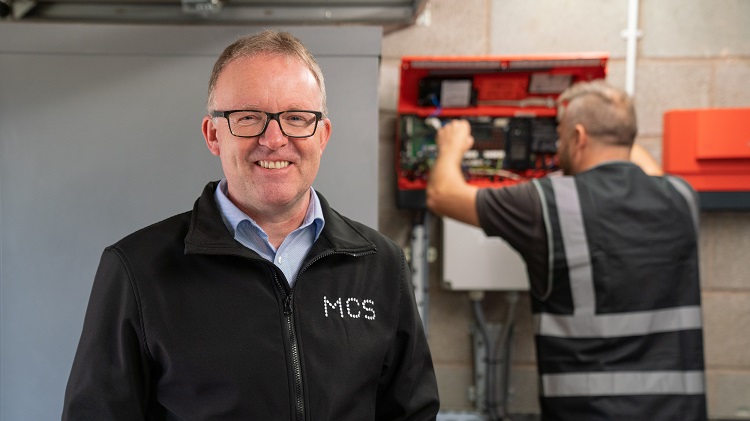




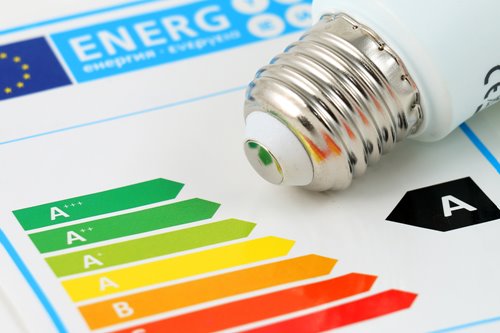




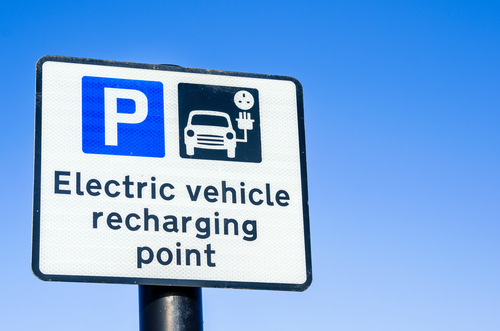


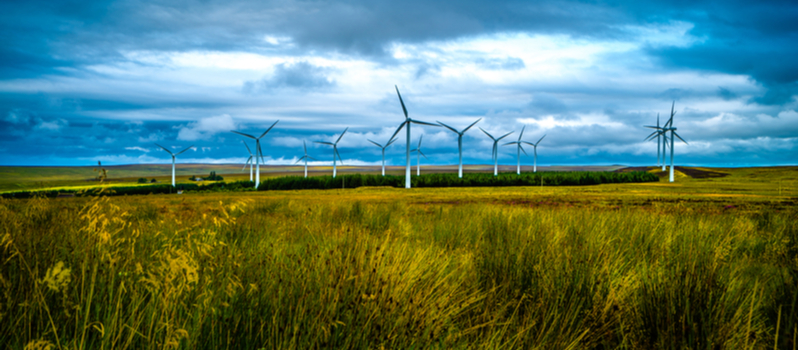
.jpg?width=1000&height=999&ext=.jpg)






